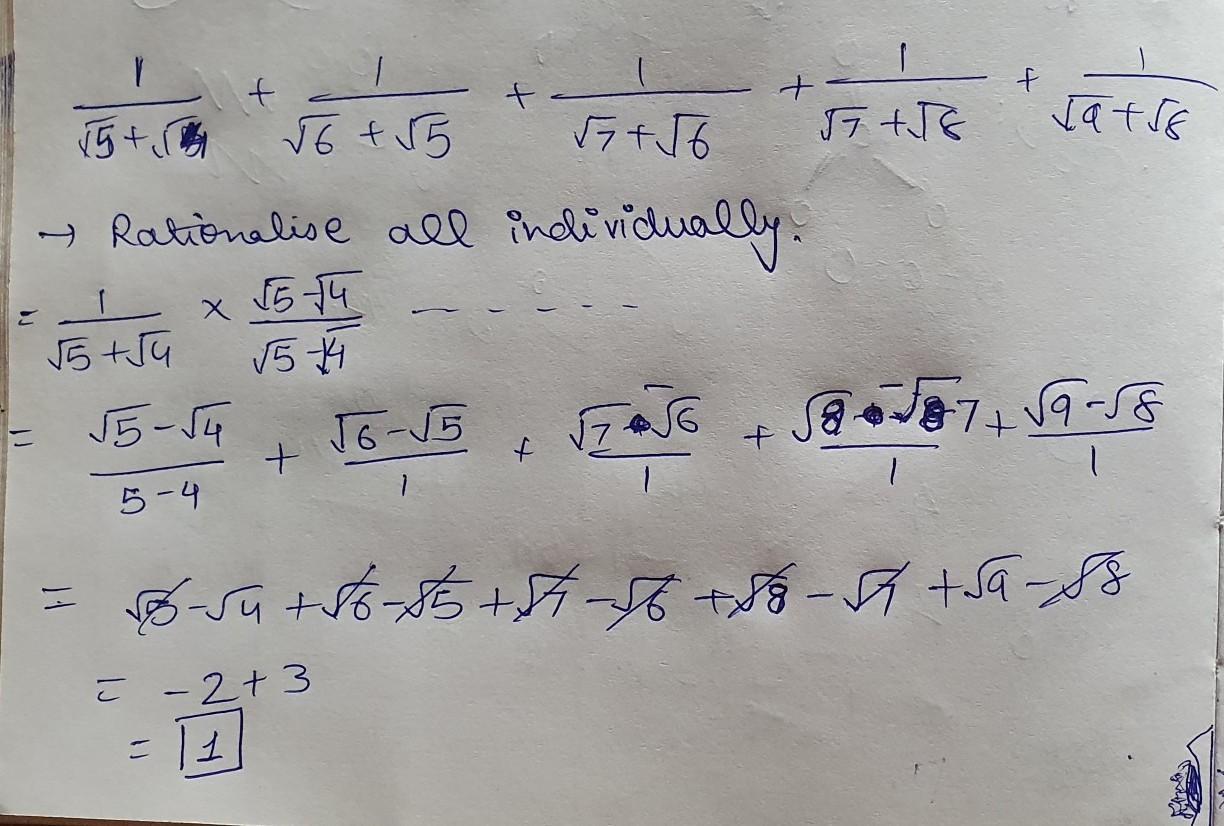It is easy to understand the motivation to get along with others. For starters, humans are incredibly social beings who need positive relationships. In fact, there really would be no chance of society existing if people did not, by and large, cooperate with each other and get along.
Yet people often harm each other on purpose. (In other news, the sky is blue!)
Why is this? Why do people so often want to hurt and harm others? Decades of research indicate that there is much truth in the popular belief that people are mean to others in order to feel better about themselves.
Positive DistinctivenessSocial identity theory argues that humans have a basic psychological need for "positive distinctiveness." In other words, people have a need to feel unique from others in positive ways. As humans naturally form groups, this need for positive distinction extends to the groups we belong to. That is, we tend to view our in-groups more favorably than out-groups (groups we do not belong to). And as a consequence, we tend to see people who are not part of our group less positively than people who are. This is especially likely to occur when there is competition between the groups or when people feel like the identity of their group has been challenged.
Research in this tradition most often finds that people display in-group favoritism, and further, that degrading out-group members can have a positive impact on self-esteem and feelings of positivity towards one's groups.
Downward Comparisons
Social comparison theory argues that people naturally make comparisons to other people. And these comparisons often make us feel worse about ourselves or better about ourselves. As we generally prefer to feel good, we are prone to making downward comparisons, or comparisons that enable us to look down on other people. Moreover, research that is based on this theory also supports the notion that people are more negative towards others when they have been insulted or belittled, and that this can make people feel better about themselves (it can help restore self-esteem). In one study, when people were told they were unattractive (using fake feedback), compared to being told they were attractive, they rated others not only as less attractive but also less intelligent and less kind. Put succinctly, being insulted made people more likely to demean others.
Classical ProjectionFreud argued decades ago that people cope with negative views of themselves by perceiving other people as having particularly high levels of that same negative view. Basically, say you are feeling dishonest. You are then more likely to see other people as dishonest, and this makes you, in a sense, feel more honest yourself.
Research supports this idea. In one study, when people were told they were high in anger, they were more likely to perceive another person's behavior as exhibiting anger. And, in doing so, they had less angry thoughts themselves.
Ego ThreatResearchers have discovered that it is threatened self-esteem that drives a lot of aggression. In other words, it doesn't really matter if people feel good or bad about themselves in general. What matters is that people, in the moment, feel worse about themselves than usual.



